ASSAM TEA OVERVIEW
Assam tea is a black tea variety that is manufactured primarily from the plant Camellia sinensis var. assamica, and named after its production region, Assam, in India. This brisk, malty, bright-colored tea is often sold as a “breakfast” tea, an example of which is the Irish breakfast tea which is essentially a blend of Assam consisting of small-sized leaves.
It has been cultivated and used in tea blends by Indian locals for centuries. The tea made its first appearance in Europe after a Scottish adventurer, Robert Bruce, visited India in 1823. He noticed wild plants resembling tea growing in the wild near Rangpur. Afterward, he consulted a local chief who showed him how the tea is brewed.
Bruce then sent the tea plant to England where it was analyzed and found to be different from the Chinese variety, Camellia sinensis var. Sinensis. In 1839, The first tea company was founded solely for the cultivation and production of Assam tea. The tea plant is grown in the lowland areas of Assam which, due to its long growing season and generous rainfall, is one of the best flourishing tea-producing regions in the world.
Each year, the tea plantations of Assam altogether yield about 1,500 million pounds of tea.
This tea caffeine level has been found to just kick at 80 mg per 8 fl oz cup, which is much higher than that of a similar weight of Earl Grey and Darjeeling teas, 50mg, and levels in oolong, green tea, and white, 40mg, 25mg, and 15mg, respectively.
It is, however, well below caffeine levels in chai tea, which averages 90mg per 8 fl oz cup.
Assam black tea benefits:
Assam tea has been hailed as one of the most healthy teas in the world, due to its numerous herbal qualities. The health benefits of this uniquely elegant tea are endless, but we’ll take a dive into a few:
1. Mental alertness: caffeine is commonly known for its rousing effect on the central nervous system. The caffeine levels in Assam are quite high, thus making the tea one of the richest sources of caffeine.
2. Heart care: This tea contains flavonoids, substances that have been found to prevent plaque development within the arteries.
3. Consuming Assam tea or gargling it every morning and night helps prevent cavity formation, and heals already acquired cavities.
4. Assam black tea contains phenolic compounds whose antioxidant properties have been linked with cancer prevention. The tea also contains phytoestrogens, which reduce the risk of lung cancer to a large extent.
5. It is also a common solution for people suffering from indigestion problems. A cup of tea after dinner would often quicken the pace of digestion.
6. Decaf tea provides all the health benefits of the tea, including weight loss, improved digestion, and reduction in cholesterol levels, without putting you in the way of potential adverse effects of the caffeinated blends, such as dizziness, headaches, and being jittery.
PRECAUTIONS
This information is not intended to diagnose, treat, cure, or prevent any disease.
Related products
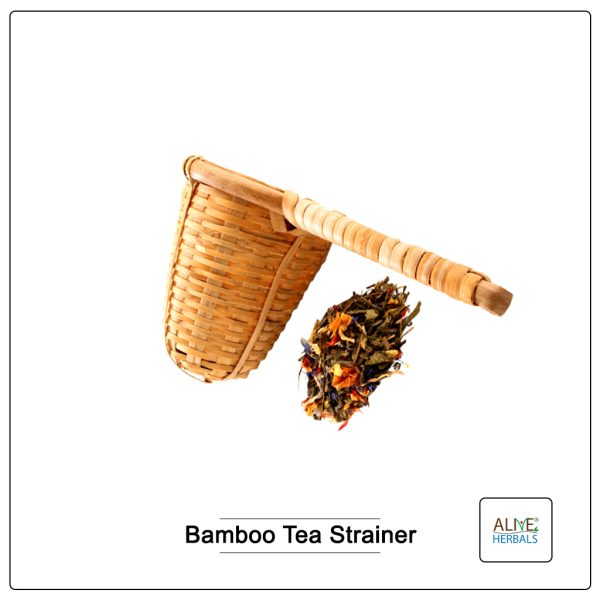
Bamboo Tea Strainer
$3.65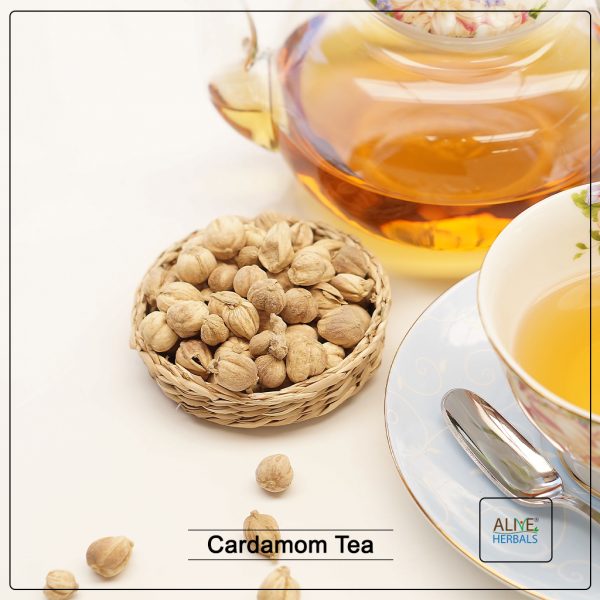
Cardamom Tea
$7.95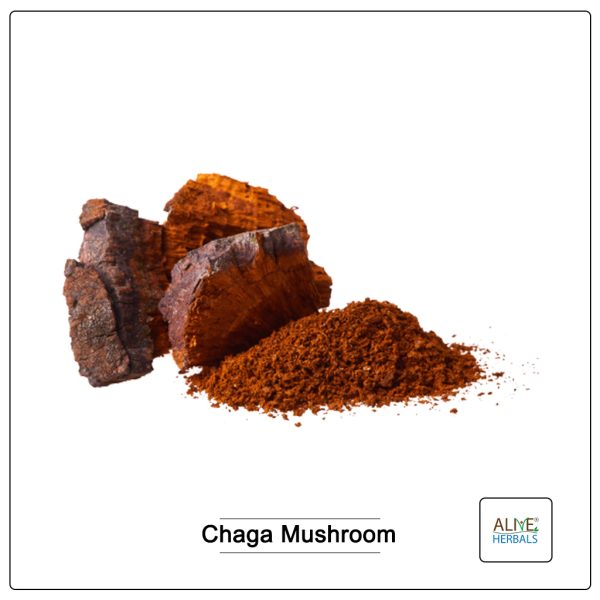
Chaga Mushroom
$4.95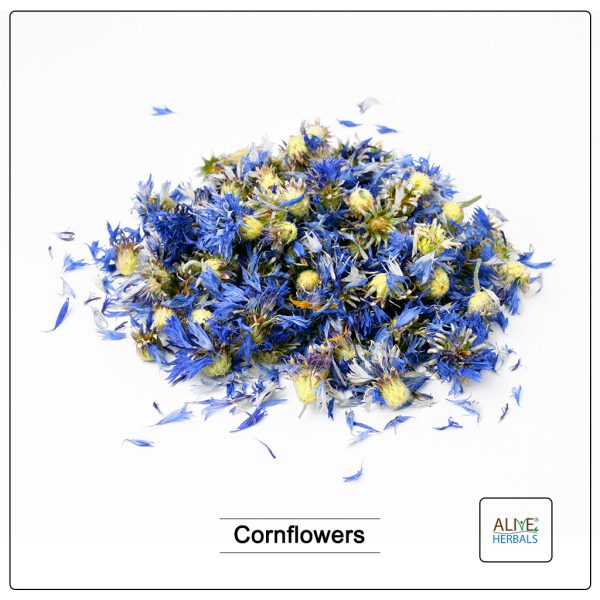
Cornflowers
$4.50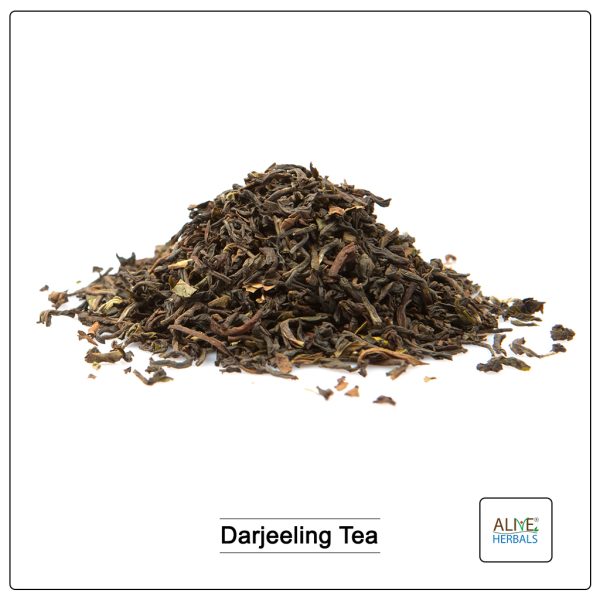
Darjeeling Tea
$7.95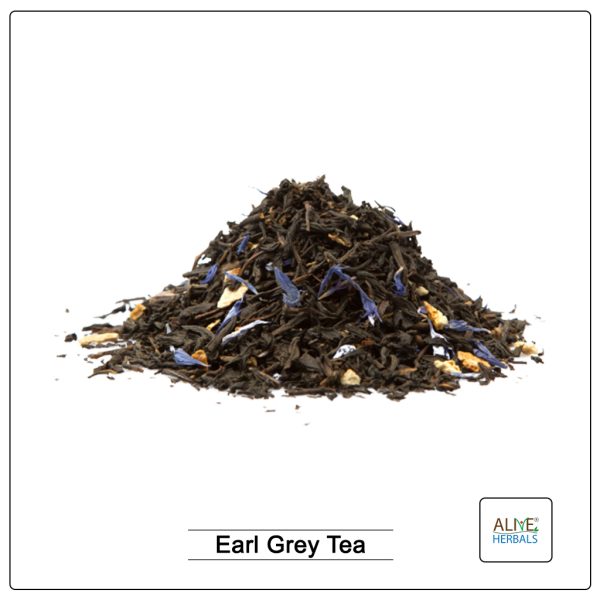
Earl Grey Black Tea
$5.45 – $20.00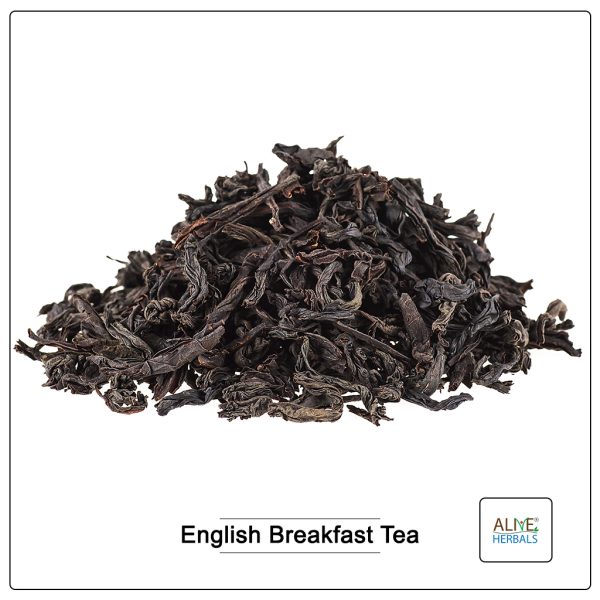
English Breakfast Tea
$7.35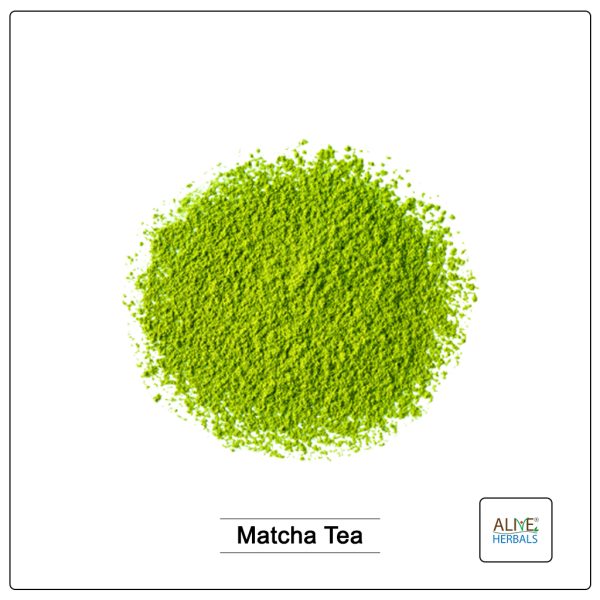
Matcha Green Tea (Powder)
$6.50 – $38.00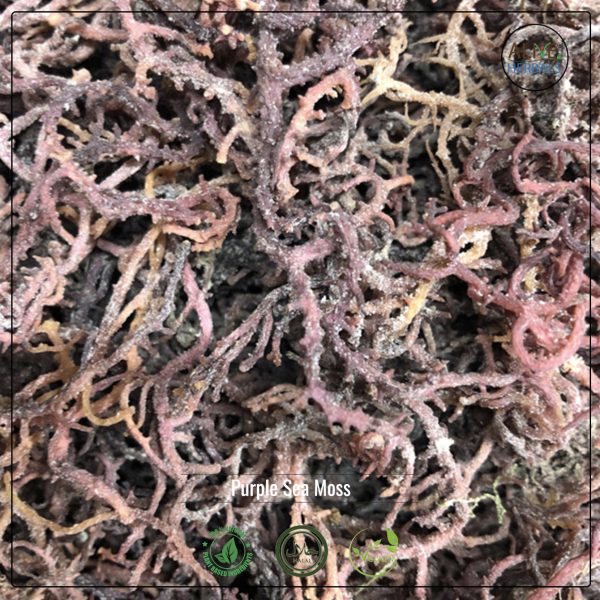
Purple Sea Moss
$15.99 – $43.10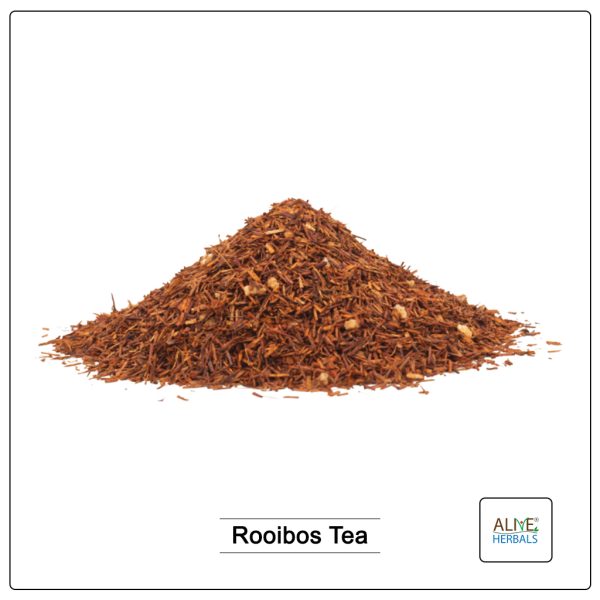
Rooibos Tea
$7.50 – $10.95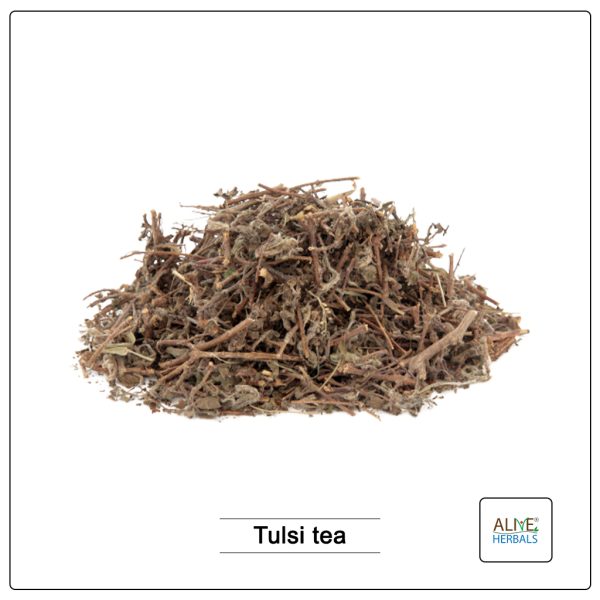

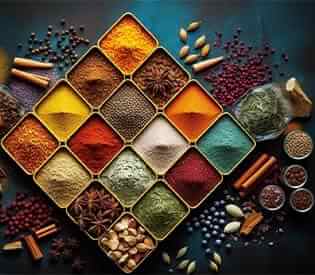
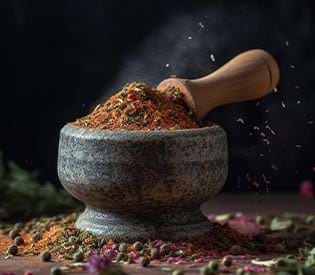
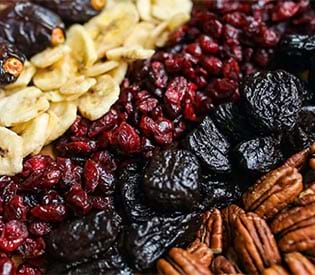
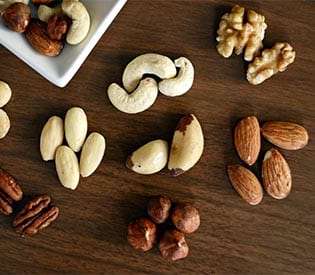
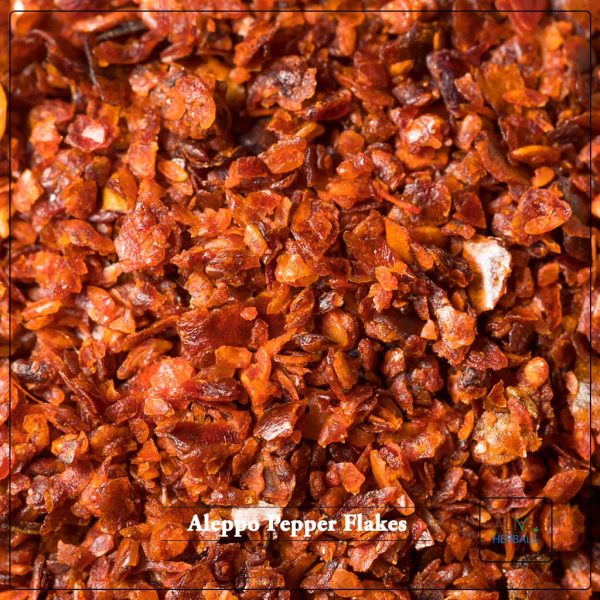

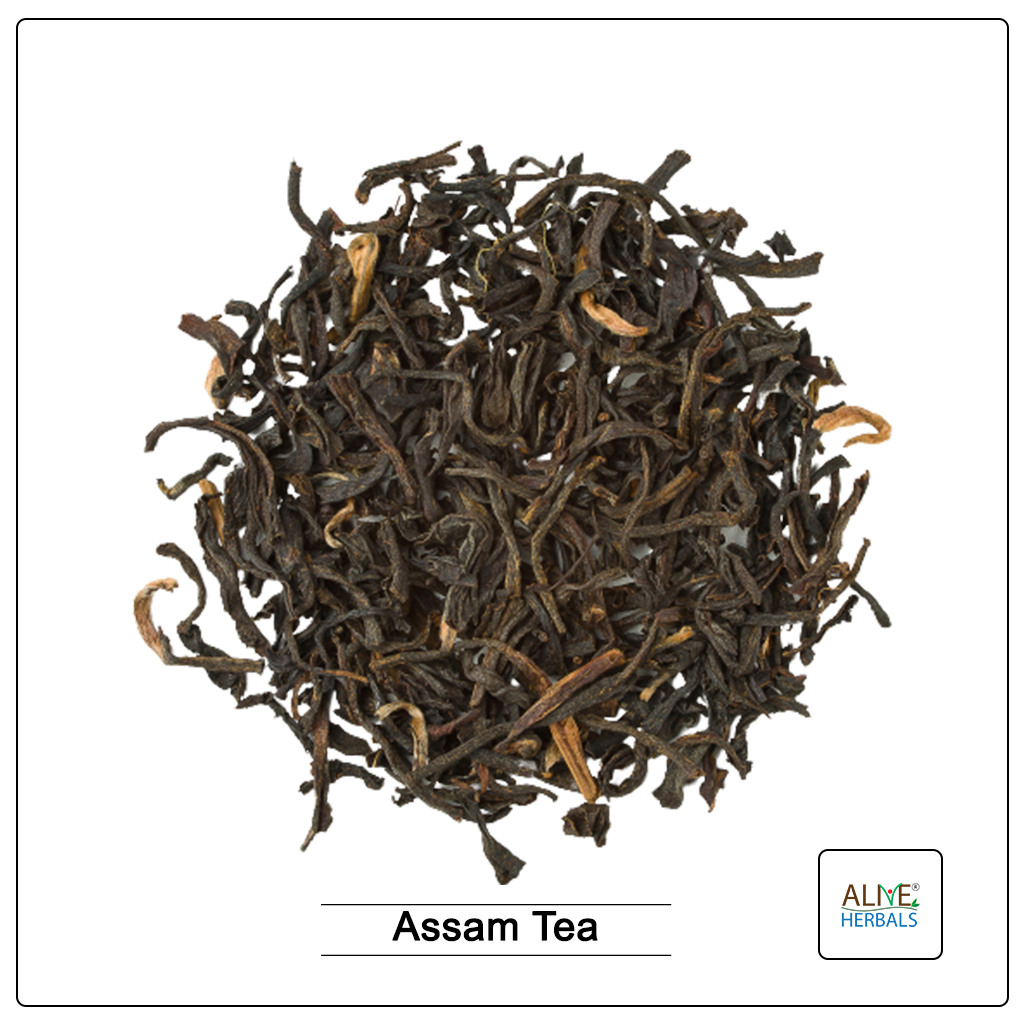
Reviews
There are no reviews yet.